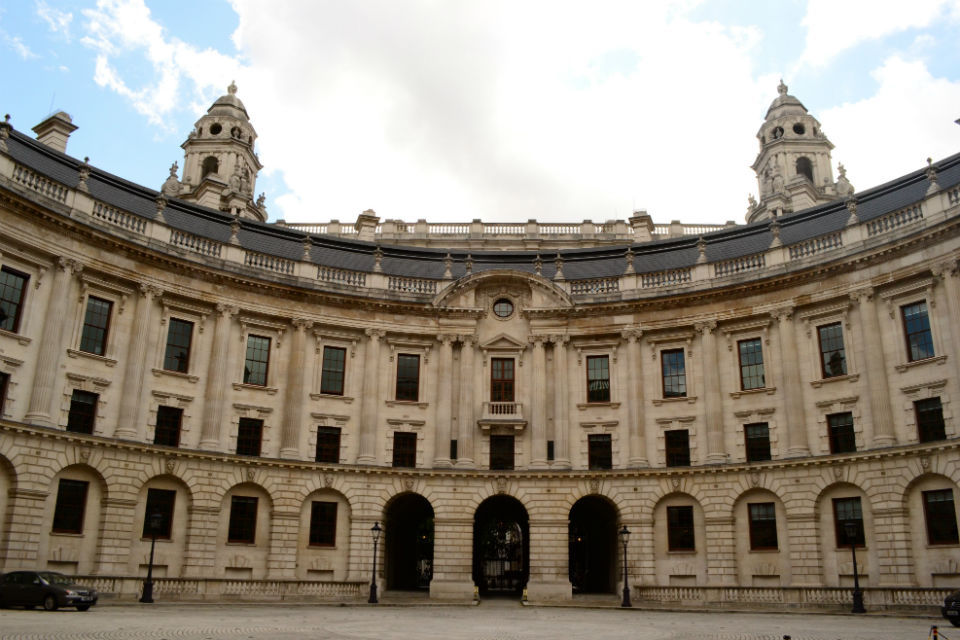Just a short reminder to those who contributed [and anyone else really] to the thread on "FM switchover ...coalition steamroller" in this group that the deadline for responses to a DCMS consultation on the Cost/Benefit Analysis methodology for FM switchover expires this Friday August 31st. If you want to have your say and object now's your chance. Silence is assent.
Thanks to those of you that have already sent in your responses. The address to send your objections to is:
CBARadio@culture.gsi.gov.uk
The consultation documents are here:
Thanks to those of you that have already sent in your responses. The address to send your objections to is:
CBARadio@culture.gsi.gov.uk
The consultation documents are here:

 ] forward a copy to you if I sent it to her? Or is there another way of posters sending each other attachments?
] forward a copy to you if I sent it to her? Or is there another way of posters sending each other attachments? 
 , with a small addition about the extra costs for motorists in getting the new radio properly fitted - not inconsiderable IMV.
, with a small addition about the extra costs for motorists in getting the new radio properly fitted - not inconsiderable IMV.

Comment